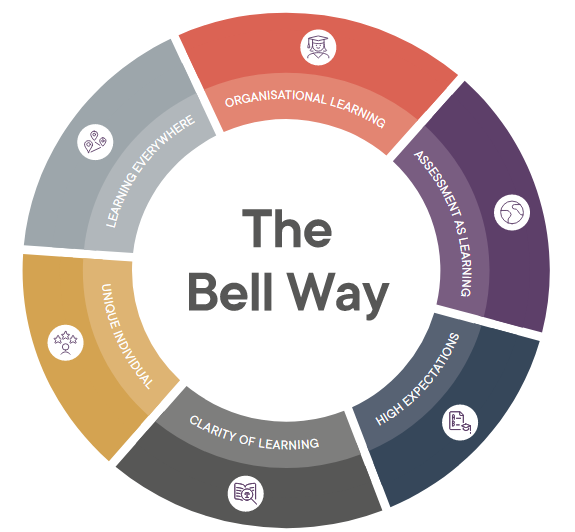
Bell History

Frank Bell, OBE set up the first Bell school in Cambridge, England in 1955.
Frank’s inspiration came from his time as a prisoner of war during the Second World War. In the harsh conditions of the camp, he taught his fellow prisoners Spanish and French, a simple act of defiance that quickly led to the creation of a ‘secret university’, which taught a broad range of subjects.
After the war, Frank Bell returned to England. Reflecting on his experiences, he realised that the route to international co-operation and understanding lay in learning. This led him to open his first language school in Cambridge, which still operates today as Bell Cambridge.
Since then, Bell has grown from one prestigious English language school in Cambridge to an internationally recognised, high-quality education business with five other UK centres, international hubs in Switzerland and China, and many partner schools across the world.
Bell English is an internationally recognised provider of high-quality language education in the UK and around the world.
Bell at Assumption College
Bell and Assumption College Bangkok formed it's successful partnership in 2005. Today, about 500 Mathayom 1 to Mathayom 3 students are learning English with Bell at Assumption College.

The Bell Programme at Assumption teaches students using communicative methodolgies to develop learners' speaking, writing, reading, and listening in accordance with The Bell Way, an approach to education which involves:

Organsational Learning: helping learners to develop lifelong study skills
Clarity of Learning: ensuring that learners know clearly what they're learning, why they're learning it, and how it can help them in the future
Assessment as Learning: giving learners constant, consistent feedback so that they always know how to improve
High Expectations: understanding what our learners are truly capable of and always pushing them to do their best
Learn Everywhere: encouraging our learners to take their English language studies outside of the classroom and explore the world with English
Unique Individual: understanding that all of our learners are different people and taking a personalised approach to each student which suits their abilities and interests

